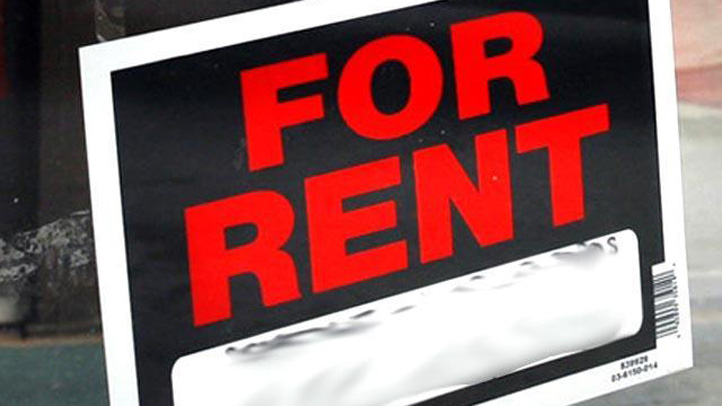New Year's Day will usher in a $1 increase in tolls on seven bridges around the Bay Area.
Starting Jan. 1, tolls will rise from $6 to $7 for two-axle vehicles and motorcycles on seven state-owned spans: the San Francisco-Oakland Bay, Antioch, Benicia-Martinez, Carquinez, Dumbarton, Richmond-San Rafael and San Mateo-Hayward bridges.
For vehicles with three or more axles, tolls will also rise by $1, to $17 for three axles, $22 for four-axles, $27 for five axles, $32 for six axles, and $37 for combinations with seven or more axles, according to the Bay Area Toll Authority.
The increase is the second of three $1 toll hikes approved by the state Legislature in 2017 through state Senate Bill 595, and by voters through Regional Measure 3 in June 2018.
Get a weekly recap of the latest San Francisco Bay Area housing news. Sign up for NBC Bay Area’s Housing Deconstructed newsletter.
A peak-period toll discount will be continued for motorcycles, carpools and qualifying clean-air vehicles crossing any of the state-owned toll bridges on weekdays from 5 to 10 a.m. and from 3 to 7 p.m. The discounted toll is scheduled to increase to $3.50 on Jan. 1, 2022, from the current $3.
To qualify for the discount, carpoolers, motorcyclists and drivers of qualifying clean-air vehicles must use FasTrak to pay their tolls electronically and must use a designated carpool lane at each toll plaza.
Senate Bill 595 and Regional Measure 3 also established a 50-cent toll discount for two-axle vehicles crossing more than one of the state-owned toll bridges during weekday commute hours of 5 to 10 a.m. and 3 to 7 p.m. To be eligible for the toll discount, which is to be applied to the second toll crossing of the day, motorists must pay their tolls electronically with FasTrak.
Local
Carpools, motorcycles and qualifying clean-air vehicles making a second peak-period toll crossing in a single day will qualify for an additional 25-cent discount off the already-discounted carpool toll.
A legal challenge to SB 595 and Regional Measure 3 is pending before the California Supreme Court, and the new toll increase, when collected, will be placed into an escrow account managed by an independent trustee. Revenue from the 2019 toll increase also is being held in escrow. If the toll authority prevails in the litigation, the funds will be applied to programs that include improvements to State Route 37 in the North Bay, freeway interchange improvements in Alameda, Contra Costa and Solano counties and the purchase of more new BART cars.
Other projects that would recieve the funding include extension of the BART system from Berryessa to downtown San Jose and Santa Clara, extension of the Caltrain corridor to the Salesforce Transit Center in downtown San Francisco, expansion of Muni's transit vehicle fleet, and expansion of San Francisco Bay Ferry service.



